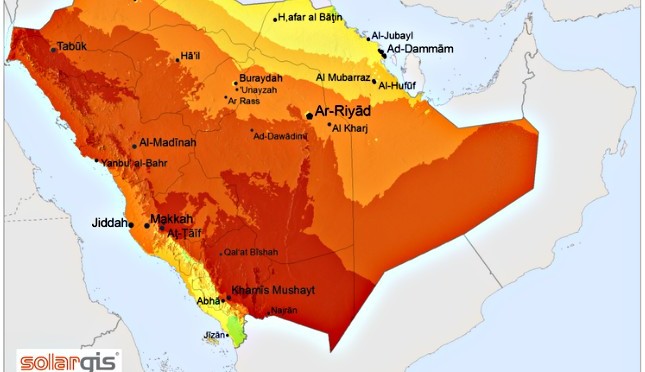Saudi Arabia, the world’s largest oil exporter, has been taking significant steps to diversify its energy market and prepare for a future less dependent on fossil fuels. As the global demand for renewable energy sources grows and the need to reduce greenhouse gas emissions becomes more urgent, the Kingdom has been making strategic investments in renewable energy projects and technologies. In this article, we will explore the current state of the Saudi Arabian energy market and the potential opportunities and challenges ahead.
One of the most significant developments in the Saudi Arabian energy market has been the launch of the Vision 2030 plan, which aims to reduce the country’s dependence on oil revenues and transform its economy into a more diversified and sustainable one. A key component of this plan is the development of renewable energy sources, such as solar and wind power, which are expected to play a crucial role in meeting the country’s growing energy needs and reducing its carbon footprint.
In recent years, Saudi Arabia has made significant progress in expanding its renewable energy capacity. The country has set an ambitious goal of generating 50% of its electricity from renewable sources by 2030, up from just 0.02% in 2016. To achieve this goal, the government has been actively promoting investment in projects of renewable energy and has established the Renewable Energy Program. Project Development Office (REPDO) to supervise the execution of these projects.
One of the most notable renewable energy projects in Saudi Arabia is the Sakaka Solar Power Plant, which began commercial operation in 2021. With a capacity of 300 megawatts, the plant is expected to generate enough electricity to power around 45,000 homes. and offset 430,000 tons of carbon dioxide emissions per year. The success of this project has paved the way for the development of other large-scale solar and wind power projects in the country, such as the Dumat Al Jandal wind farm, which is set to become the largest wind power facility in the Middle East one time. finished.
However, the transition to renewable energy is not without its challenges. One of the main obstacles facing the Saudi Arabian energy market is the need to upgrade its existing electricity grid infrastructure to accommodate the increased capacity of renewable energy sources. This will require significant investment and the development of new technologies to ensure the efficient integration of renewables into the grid.
Another challenge is the need to develop a skilled workforce capable of supporting the growth of the renewable energy sector. To address this problem, the government has been investing in education and training programs to equip Saudi citizens with the necessary skills and experience to work in the renewable energy industry. This includes partnerships with international institutions and the establishment of specialized training centers such as the Center for Sustainable Energy Technologies at King Fahd University of Petroleum and Minerals.
Despite these challenges, the future of the Saudi Arabian energy market looks bright. The country’s commitment to diversify its energy sources and reduce its dependence on fossil fuels has attracted great interest from international investors and renewable energy companies. Additionally, government efforts to create a favorable regulatory environment and provide financial incentives for renewable energy projects have helped stimulate growth in the sector.
In conclusion, the Saudi Arabian energy market is undergoing a significant transformation as the country seeks to diversify its economy and reduce its reliance on oil revenues. The development of renewable energy sources, such as solar and wind power, is playing a crucial role in this transition and is expected to contribute significantly to the country’s energy matrix in the coming years. While there are challenges to overcome, the progress made so far and the government’s commitment to achieving its renewable energy targets suggest that Saudi Arabia is on its way to becoming a world leader in renewable energy.


